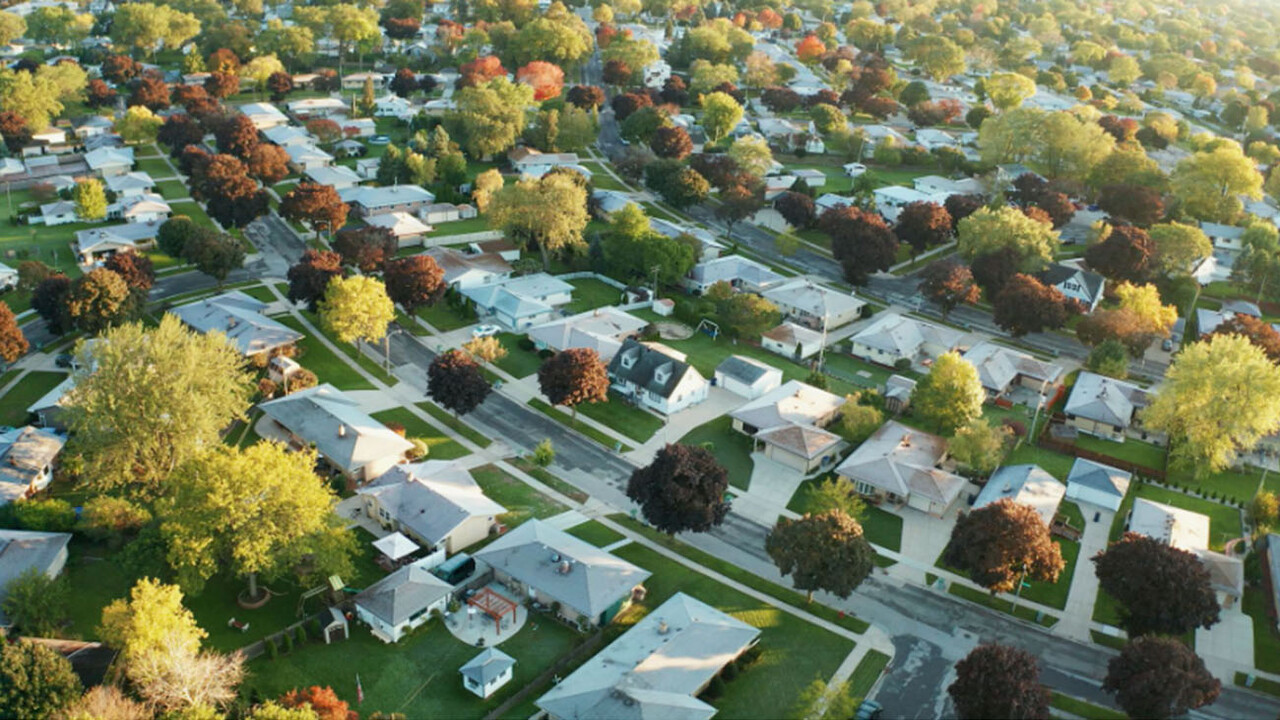World
Canada permanently bans cars from this neighborhood in Toronto

The Canadian government announced a complete ban on cars on one of the streets in Toronto, where large spaces have been designated for pedestrians only and are completely devoid of cars.
Evacuating the Villers Island neighborhood of cars
According to what was revealed by the City of Toronto, the Villiers Island neighborhood, which also includes the Port Lands area, also gives priority to pedestrians completely, including at least one street, which has been designated to be completely car-free.
35% of the total street area is for pedestrians
According to what the Municipality of Toronto announced, 15% to 35% of the total street area has been allocated to pedestrians, based on the plans announced for the new area.
17% of the area is dedicated to cars
In addition to 15% to 17% for cars, Foundry Street has also been excluded, which will have 35% sidewalks and 33% shared lanes for cars and bicycles.
Center Street is the main road
Center Street thus became the main thoroughfare, and this street ran along the new island from east to west – which was officially designated as “pedestrian priority”.
With sidewalks up to 4 meters wide and only one lane of traffic in one direction, half of Cherry Street between Center and Villiers Streets will also be completely vehicle-free.
This section, Old Cherry Street, is planned to provide access only to emergency vehicles
About 45% of the road also serves as sidewalk, and 31% as walking and cycling space.
Old Cherry Street is designated for emergency vehicles
With 45 percent of the route designated as sidewalk and 31 percent as walking and cycling space (plus a fire lane when needed), Old Cherry Street also offers access for emergency vehicles.
Keeping with Villiers’ vision of a sustainable, green, climate-positive area on the water, native plants are expected to occupy between 20 and 34 percent of all the aforementioned arterials.
While some locals are encouraged by the continuous attempts by stakeholders to include public input into their development proposals, others still think the area might require more pedestrianization—after all, we have the chance to design it in a way that is entirely different from the rest. the whole metropolis, A to Z.










